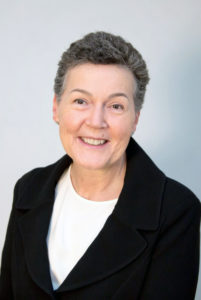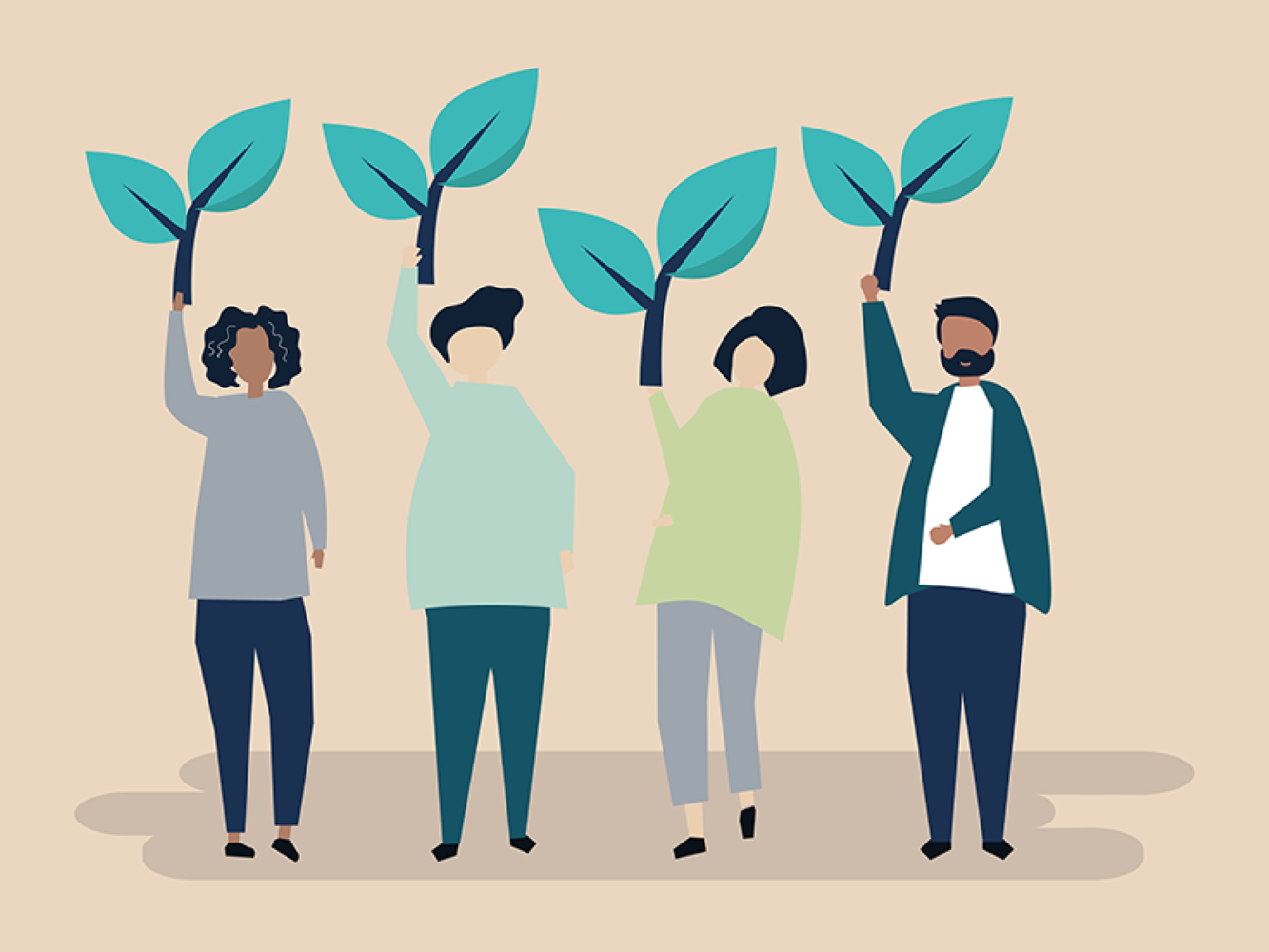By Carma Elliot
Over 60 years ago, Kurt Hahn’s vision for United World Colleges recognised the power of an educational system that deliberately brought people together from different backgrounds, with a shared purpose. At UWCSEA, for over 50 years we have acknowledged that our vision of a peaceful, sustainable future would only be achieved through the combined strengths and differences of many, working together and committed to deliberate actions for greater equity and inclusion on our campuses. We also recognise this as one of our greatest challenges, with students and staff from over 100 nations we consciously cultivate a diverse student body of 5,600 students – but we do not leave the development of intercultural competency to pure chance.
In 2017–2018, when UWCSEA was devising its five-year strategy, taking the College to its 50th anniversary in 2021–2022 and beyond, there was a strong focus on diversity as one of our greatest sources of strength, and a strong compass for our future direction. As leaders and educators, we understood our vital role in creating and promoting change, and that we had a responsibility to stand up against social injustice in all forms. We acknowledged that we had not done enough to address systemic change.
Embedding values in action within our school
The Values in Action initiative launched in 2019, which convened community dialogues to review our core values and focused closer attention on issues of race and racism. In the 2020–2021 school year, unconscious bias training for leaders deepened our awareness of less visible forms of bias. How we recruit, how we communicate, how we represent multiple perspectives and under-represented voices – these are just some of the behaviours and practices that we reviewed, improved and then firmly embedded.
Our DEI journey of the last few years has been about all in our community feeling heard, valued and respected; about all of us valuing the investment of time and resources to push through the inevitable challenges; and about all of our planning being grounded in action.
It has been a journey in which many have found their own voice, in which we have challenged ourselves and each other and held each other to account for commitments made. We have worked on how we build bridges within and among our community to foster a culture of respect, trust and understanding. Has it all been smooth sailing? By definition, DEI work is difficult, complex and challenging – so the answer is no. Have we learned from our mistakes, our missteps? Undoubtedly. The worst thing might have been to remain complacent in the face of challenge from within and without.
Lessons learned on our journey towards diversity, equity and inclusion
Here are some reflections on the lessons we have learned, often the hard way:
- As we began to explore how we might further support diversity to flourish throughout our College in the future, a series of World Cafés in 2019 created an opportunity for all to share ideas and contribute to an Action for Diversity plan. This provided a strong baseline and benchmark for our work but it revealed significant differences in priorities for this work among students, staff and the parent body.
- We could have spent more time establishing a clearer understanding of what systemic change would mean. We had a fairly clear idea of what our mission required of us, as a UWC, but did we have enough difficult conversations to start with? Did we have a shared understanding of what good would look like, and whether we would reach that point? Did we do enough at the outset to seek partnerships with local organisations to embed this work more in our local context?
- Following the murder of George Floyd, we signalled that we were taking a deliberate anti-racist stance, and this commitment was both important and urgent. However, we did not do enough to communicate that this work was not to the exclusion of other DEIJ work – a powerful lesson learned. We have a wide spectrum of voices in our community: concerns were expressed about over-intellectualising DEI issues, or for jumping on a US-centric response without a solid justification and strategy specific to our South East Asian context. Navigating these tensions while ensuring all voices were included has been and continues to be challenging.
- In our large community, as well as gathering information, data and perspectives from focus groups, it took us almost a year to map the many initiatives already underway across both campuses, and among different cohorts. We identified early on that we needed a shared language and lexicon for our dialogue but we spent time exploring options to achieve this, as part of our Learning and Development programme. A particular challenge has been a shared understanding of the language of diversity across our different language groups. We have sought to bring the widest community with us by engaging parents in workshops on intercultural competence and unconscious bias.
- We invested significantly in our professional learning, by designing a roadmap which focused on identity and intercultural competence, as well as how our cultural values shape our (unconscious) biases. The roadmap helped us to surface the main issues, both from a personal and professional perspective, and to engage across our large community. Our students held us to account: beyond dialogue, we needed action. Supporting students to better understand their identity and the role that cultural differences play in relationships and strong communities are key themes across all the elements of our learning programme, and this proved a rich seam of knowledge and insight.
- Ensuring diversity and inclusion is complex and takes time, as is raising awareness, and building trust and understanding. Engaging the broadest community is critical. Our community has valued the extended dialogue, although we did face a period of ‘analysis paralysis’ while we worked together to make decisions about our longer-term programmes and commitments.
- What we teach and how we teach this is key: the review of our curriculum initiated by our strategy included close examination of whether our broad programme included perspectives beyond the traditional Western narrative, and this work was accelerated.
- We have not always succeeded in creating inclusive and safe spaces for all community members as we work together to do more, and do better. We could have spent more time agreeing what constitutes a safe space – this may look different across the community. We have added more structures for support, embedded in schools, and created a pilot bias incident protocol, with a focus on restorative practices.
- A demographic survey confirmed that we don’t have the diverse representation in our staff body we would aspire to have. We adapted our recruitment and selection processes in order to make this more equitable. A significant part of the process is ‘blind’, with the aim of removing bias. We have invested in training on recruitment bias, including e-learning modules to ensure the fullest impact can be achieved. We also lobby our government partners, where we feel policies mitigate against diverse recruitment. Adding and reviewing policies through an equity lens is progressing our organisational work.
DEIJ progress through collective endeavour at UWCSEA
This work has been a powerful validation of our UWC mission and purpose: the peace and sustainability of our planet has always needed communities operating with a high degree of intercultural competence. Intentionally promoting intercultural competence throughout our school culture as well as into the individual actions of our students, staff and wider community is well within our grasp.
Throughout, we have encouraged students to debate, discuss and engage with topics surrounding race, class and privilege, and how they could take control of their education and educational experiences in a world where these things matter a great deal.
When I think back on our DEI work these past few years, there are many things we could have done differently and better: in particular, we could have worked toward greater buy-in among colleagues when we acknowledged change was needed, and in determining how we were going to address this systemic change.
Our main learning has been that, without being complacent, it is possible to find a way to address the big issues through collective endeavour, and to build trust even while disagreeing. We can and should allow space for kindness in the process of difficult discussions and decisions. A lot of this is about challenging and changing behaviours, attitudes and belief systems and it cannot be the responsibility of one person.
We have decided, from the next academic year, to adopt a model of distributed leadership on DEIJ, with shared ownership, in order to facilitate positive change. We acknowledge that there will always be more for us to do on this journey, and as our founder Kurt Hahn said 60 years ago, “there is more in us”. We can and will achieve most by working together, for full accountability, as we move into the next 50 years in UWCSEA’s story.

Carma Elliot is College President of United World College South East Asia, Singapore. Follow Carma on LinkedIn.

